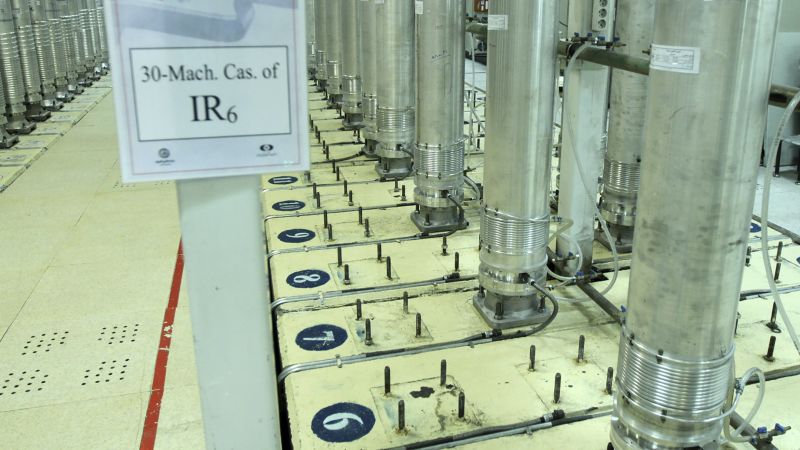US and Israel Strike Iranian Nuclear Sites, IAEA Monitoring
The IAEA's monitoring of the situation is crucial in preventing a nuclear disaster, and the international community is calling for restraint and diplomacy to resolve the conflict peacefully. The US and Israel's actions have sparked widespread condemnation, and the situation remains a major concern for global security and stability.

The US and Israel have launched a joint attack on three Iranian nuclear sites, including Natanz, Fordow, and Isfahan, sparking international condemnation and warnings of catastrophic consequences. The strikes, carried out by B-2 stealth bombers and submarine-launched Tomahawk cruise missiles, were aimed at preventing Iran from developing nuclear weapons, according to the US and Israel.
The Natanz site, Iran's largest uranium enrichment facility, was targeted with strikes that destroyed the above-ground part of its Pilot Fuel Enrichment Plant, where Iran had been enriching uranium up to 60% purity. The Fordow site, located near the holy city of Qom, is a heavily fortified underground site with an estimated 80-90 meters of underground halls, and is believed to be capable of producing enough enriched uranium for nine nuclear weapons in three weeks. The Isfahan site, Iran's largest nuclear research complex, is home to 3,000 scientists and operates three small Chinese-supplied research reactors, as well as a conversion facility, a fuel production plant, and other facilities.
Iranian officials have downplayed the impact of the strikes, with one lawmaker calling them "superficial" and Iranian foreign minister warning of "everlasting consequences." The US has warned that any Iranian retaliation would be met with force, and experts warn that an attack on Iran's nuclear power station at Bushehr could cause a nuclear disaster, posing a significant risk to the environment and human health. The International Atomic Energy Agency (IAEA) is monitoring the situation closely, and has reported no increase in radiation levels at the affected sites.
The international community is on high alert, with UN Secretary-General Antonio Guterres warning of "catastrophic consequences" if the conflict escalates. The Gulf states are particularly worried about the impact of a strike on Bushehr, as it could contaminate Gulf waters, jeopardizing a critical source of desalinated potable water. The situation remains volatile, with the potential for further escalation and devastating consequences for the region and the world.